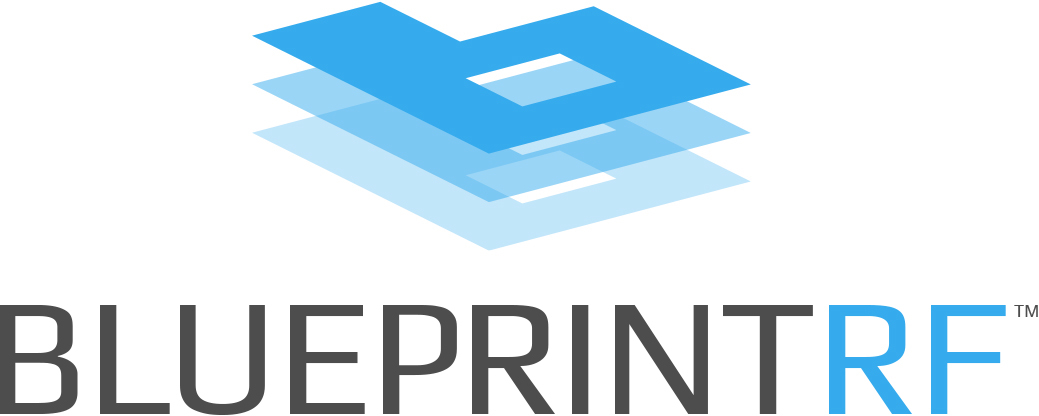Resilience development is a powerful strategy that enables professionals to tackle stress better, address workplace conflicts, and embrace challenges while on the job. Because professionals place work as the number one stressor in their lives, cultivating resilience is essential to overcome stress and burnout. In competitive industries like hospitality, work stress can intensify.
In a fast-paced work culture where professionals feel pressure to work hard, meet deadlines, manage relationships, and stay in the know, it can be challenging to keep a level head. Navigating through these challenges and maintaining a work-life balance requires skills and strategies to develop. When competition and stakes are high, resilience is one essential skill that serves professionals the best.
What is Resilience?
Resilience is an attribute that defines an individual’s ability to bounce back and overcome significant challenges. Resilience is most often put to the test when stress arises in everyday life or when sudden tragedy or acute trauma occurs. Stressors, such as heavy work demands or managing multiple unhappy customers, are not the only factors that test an individual’s resilience. How stress is managed is a strong indicator of one’s ability to overcome and conquer. On the other end of the spectrum, resilience is also a core component to well-being and an individual’s ability to live a happy life.
Developing resilience can help improve many aspects of life, such as enhancing one’s self-esteem, a sense of purpose in life, a sense of control over life events, and enhanced interpersonal relationships. Resilience also contributes to greater job satisfaction, organizational commitment, and employee engagement.
Resilience Development Strategies
Resilience ultimately develops through experience, and over some time, we learn how to take greater control of how we react and adapt accordingly. One interesting study found that professionals who strengthen their resilience could reduce their vulnerability to adversity in the workplace. Here are some strategies to cultivate the same strength and stability as a professional.
1. Set Manageable Goals
Achieving goals facilitates a motivating sense of accomplishment that propels us forward. By setting manageable and achievable goals, you can experience success more often – and this fosters a positive mindset that builds mental resilience.
Conversely, the path toward achieving one’s goals inevitably faces resistance and opposition. According to positive psychology researcher Elaine Houston, B.Sc., it’s essential to be resilient in the face of adversity. Reassess your goals and make alterations when you feel it is necessary to do so.
2. Embrace Failure
The self-worth among resilient individuals does not depend on being the best. Vulnerability and acknowledging weaknesses are indicators of open-mindedness and growth. Resilient professionals tend to be more optimistic and see opportunities to learn from a task, whether the outcome is success or failure.
With those aspects in mind, a resilience practice is accepting failure as something that happens to everyone, and sometimes often – it is how we cope with failure that makes a difference. Looking for the silver lining keeps the mood upbeat and allows you to move forward, even when things don’t pan out the way you hoped.
3. Learn to Handle Rejection
As with failure, everyone experiences rejection at times and. What matters most is how you manage it. Author, philosopher, and entrepreneur Elaine Dundon describes three stages to carry out after rejection: reflect, reboot and reject. This TED Talk-worthy mantra helps us live and work with more meaning.
- Reflect. Take time to reflect on why the rejection may have happened. Reflecting on why the rejection occurred is a valuable initial step to giving you insight into the other person’s reaction.
- Reboot. Rebooting essentially means to start again, ideally from a new place of learning and adaptation.
- Reject. Understand that everyone is in a different space. Some people will reject your ideas, so acknowledge and move on.
In Fast Company, Dundon places resilience as a crucial quality for any entrepreneur. To have it, you must first learn how to deal with rejection. Learning how to handle rejection strengthens our sense of self and builds our resilience when confronting life’s challenges, both in our personal and work lives.
4. Prioritize Your Health
Most people know stress can take a significant toll on our health. There’s a strong relationship between personal resilience and immunity to disease. Making time to be physically active, eating a healthy diet, and taking steps to manage stress will contribute to a healthy body and mind and ultimately help you cope with challenges at work.
Progressive organizations and businesses will often offer health incentive programs for their staff, including options like exercise programs, yoga and mindfulness classes, and better healthcare access. Workplace health promotion and incentive programs give employees more opportunities to make healthy lifestyle choices while at work. When these programs are available, employees are encouraged to look after their health, improving job satisfaction and positive attitudes towards the employer.
5. Take Breaks
Be kind and compassionate to yourself. Although it often feels that there aren’t enough hours in the day, too much work and not enough time to rest and recover can eventually take a toll on productivity and motivation. Taking regular breaks improves concentration and, for office and deskbound professionals, helps to ensure we don’t spend too much time sitting and immobile.
On the same note, having a good work-life balance, especially an active one, helps build resilience. If your sole purpose is developing and growing through work, work-related setbacks will feel more profound and intense than those seeking fulfillment in other areas of life.
Resilience is a complex trait that extends into many categories and types, like emotional, mental, and physical resilience. Cultivating resilience is a marathon, not a sprint. It takes having a disciplined mindset but also a perspective that’s empathetic and forgiving.
Using your resources and the strategies listed above may be enough for building their resilience for many professionals. But at times, you might feel stuck or have difficulty making progress on the road to stability. The important thing is to remember you’re not alone on the journey. Help can often be found by turning to colleagues, managers, employers, loved ones, and trusted professionals.
This post is part of BlueprintRF’s entrepreneur series, a collection of articles intended to equip business owners and executives with the tools, information, and resources they need to thrive in the hospitality industry.









